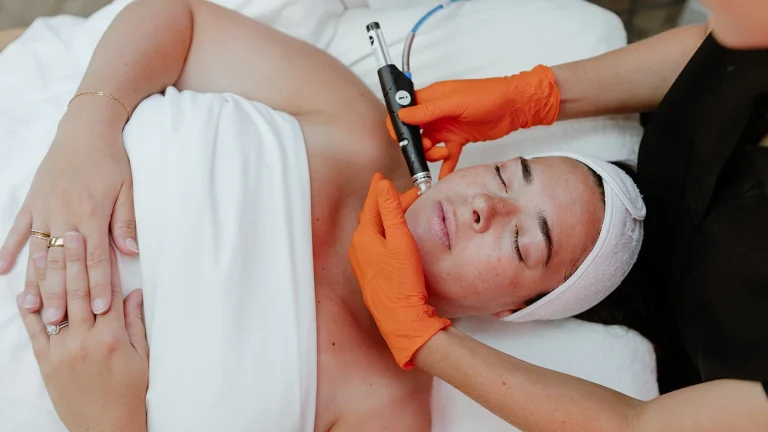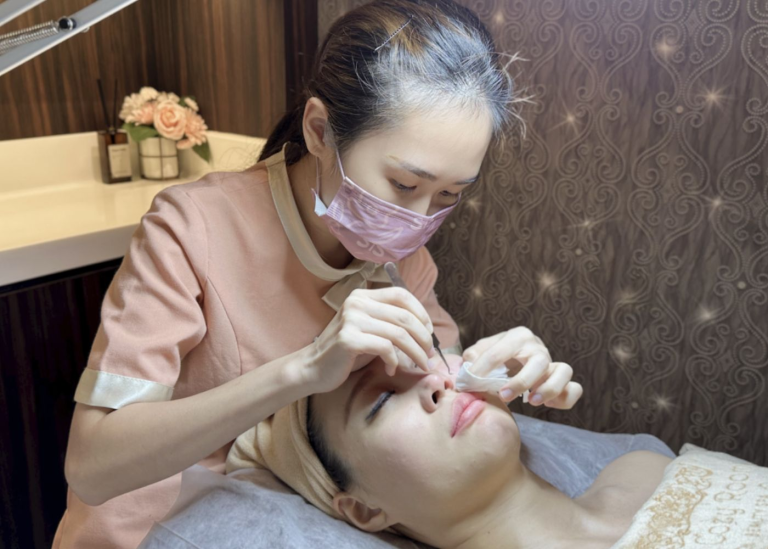Category: Health
The Importance of Visiting an Addiction Psychiatrist
Are you struggling to control or moderate alcohol or substance usage or want to quit for good? You may also want to know what havoc […]
Varicose Veins Treatment Techniques to Deal With Unsightly Veins
Varicose veins affect 30% of the population in the United States. Fortunately for most people, the issue does not cause a lot of complications and […]
5 Reasons Why You Should See a Foot and Ankle Specialist When You Have Heel Pain
Studies suggest that one in ten people is battling with a condition known as plantar fasciitis. The condition makes it difficult for one to use […]
A Closer Look at Hypertension Management
When your doctor discloses that you are hypertensive, you may tend to ask yourself what it means. Hypertension is a health condition that causes your […]
The Symptoms and Treatment of Facet Joint Syndrome
A joint is an essential part of your body that assists in motion. Your spine has facet joints that also enable movement of the neck […]
Unable to Conceive? Ovulation Induction Can Help Achieve Your Dream of Becoming a Parent
Pregnancy sometimes sounds like a simple issue of sperm fusing with an egg. However, if you have an ovulation problem, pregnancy will be an almost […]
Methods Of Detoxification Using Natural Techniques
Introduction to Detoxification: The word detox is defined as the removal of toxic agents in our body using some of the natural methods and flushing […]
What Is Obesity?
Obesity gets thrown around a lot these days. We hear about rising obesity rates in the U.S. all the time on the news and in […]
What are sports injury clinics and what way they are useful?
Sport injury clinics are the separate set of clinics in which the people who are suffering from sport injuries would be treated. There will be […]
Does diet impact the weight of a person
People now a days have become very health conscious. They are also keen in looking good and glamorous. Hence people are more inclined towards losing […]





















